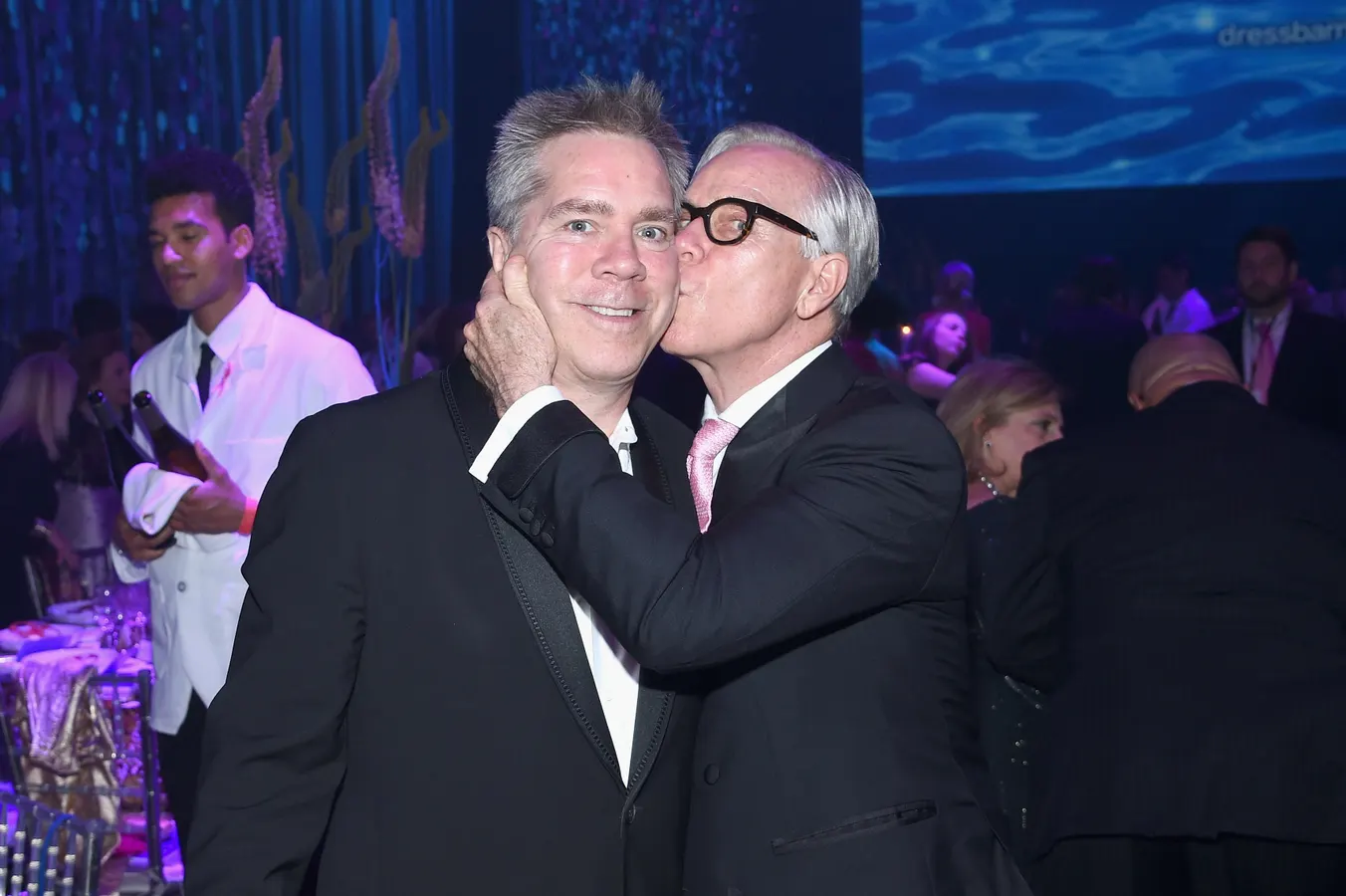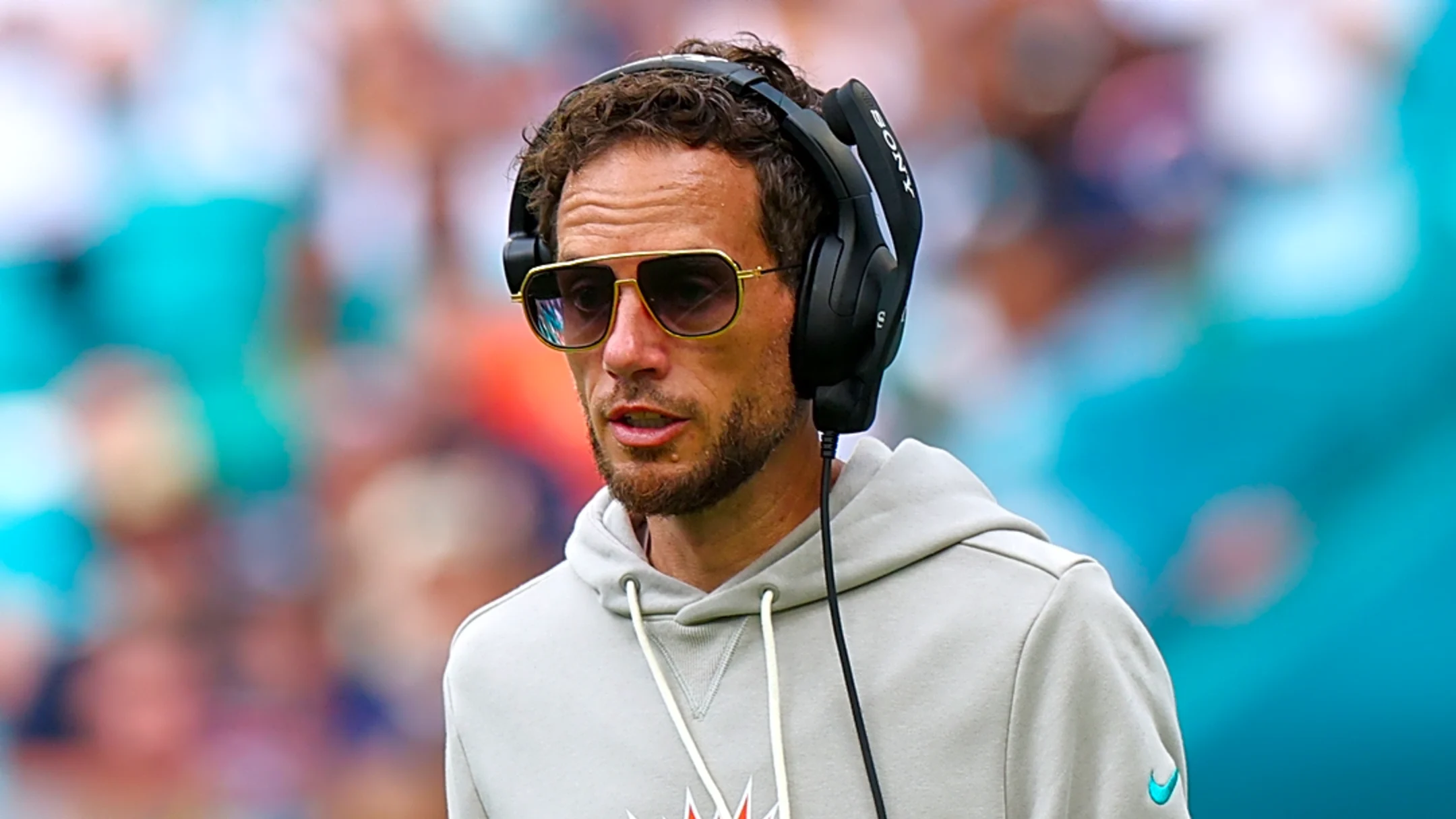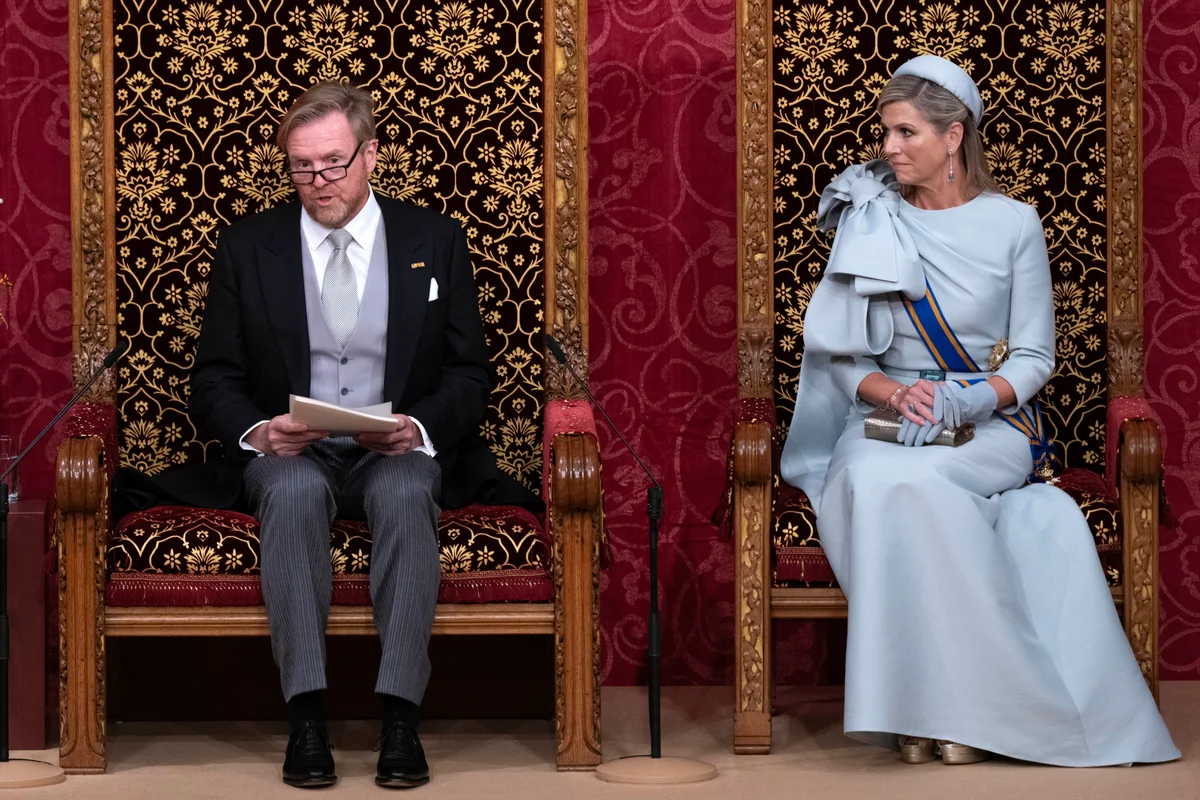
It’s been no secret for the last year or so that Warner Bros. could be sold, again, just a few years after the Discovery merger. The thought of a studio with a 100+ year history in Hollywood being sold raises a lot of fears for the industry. Some of them were calmed with reports that Paramount Skydance could purchase all of Warner Bros. Discovery, not just Warner Bros.’s movie and TV divisions.
In the age of shortened theatrical windows and more emphasis on streaming, a Paramount Skydance merger with Warner Bros. Discovery could be one of the better scenarios, even as it would bring further consolidation in Hollywood. Now, there’s a chance that Netflix will buy WB, with reports circulating that the streaming giant is considering its own bid.
Netflix has steered clear of the studio acquisition game in recent years, not getting involved in the competition to acquire 20th Century Studios’ assets or the entire MGM library. It’s made licensing deals with Sony for its various titles but hasn’t attempted to buy the studio or another in full — until now.
The possibility of this happening with Warner Bros. is not something I want to see. The obvious outcome of such a deal would be devastating to me and the movie industry I cover for a living.
Warner Bros. Movies Becoming Streaming Exclusives Is The Worst Outcome & That’s What Netflix Would Certainly Do
There is little reason to think that Netflix buying WB would lead to any outcome other than the studio’s movies becoming exclusive streaming releases. This is Netflix we’re talking about here. The streamer that only puts its films in theaters for Oscar-qualifying runs and never out wide (with Greta Gerwig’s upcoming Narnia movie the lone exception).
Sure, you could point to Netflix putting KPop Demon Hunters into theaters for a special weekend or Narnia’s IMAX release plans as signs the streamer is interested in change. That’d be easier to believe if we weren’t only a few months removed from Netflix co-CEO Ted Sarandos making multiple remarks about how the theatrical experience is an “outdated” model that no longer works.
He mentioned at the Time100 Summit (via Variety) that studios and theaters trying to keep a 45-day window alive is “completely out of step” with modern movie-viewing habits. He went on to say that filmmakers wanting to make movies to play on the big screen for months is “an outdated concept,” with the desire for theatrical, communal viewings also being “an outmoded idea.”
He even said, with a smile, “No, we’re saving Hollywood,” when asked if Netflix was destroying the industry. This is the man running Netflix who would then be in charge of Warner Bros.’s movie and TV assets. If that’s his view on things, there’s no reason to think he’ll pivot after spending billions to acquire a studio rich with IP they can mine for new streaming hits.
It’s genuinely sad to me to think about an outcome where all WB movies just become part of Netflix’s endless content pipeline on streaming. Imagine seeing Sinners or Weapons or Superman at home rather than in theaters for the first time? Speaking for myself, there’s no way that the first-viewing experience would hit the same.
Netflix’s disinterest in theatrical releases and the box office could mean that, should this deal happen, audiences will not have the chance to see Minecraft 2, any future DC movie, the next Lord of the Rings movie, and more in theaters. They’ll be streaming plays meant to drum up Netflix’s subscribers and post big opening week viewing figures before, typically, fading from pop culture discussions.
And as for WB’s strong relationship with various directors interested in theatrical movies? Those would vanish. I don’t imagine Ryan Coogler wanting his next original movie after Sinners to go to Netflix, for instance, which could mean losing that partnership. WB could also forget about ever getting back in the Christopher Nolan business or working with Tom Cruise again.
That is a disheartening outcome, especially in light of WB’s incredible 2025. This is the studio that arguably is having the best year in Hollywood, securing a record seven consecutive $40+ million opening weekends domestically. They’ve done it with sequels, originals, and new IP plays.
It’s clear that the studio is connecting with audiences and making movies people want to see in theaters under Pam Abdy and Mike DeLuca’s leadership. They’ve earned a shot to continue developing the WB slate in the way they deem fit, especially after rumors of WBD CEO David Zaslav lining up replacement options.
None of this would be the same if Netflix bought WB and removed the studio’s output from the theatrical experience. The box office is still trying to recover from the harm studios — including WB — did in the pandemic by getting customers more used to movies going to streaming quicker. WB is now helping save theaters, but Netflix would certainly put an end to that.
I’m willing to admit that there is a chance I’m wrong about all this. Perhaps Netflix’s interest in WB is because they want to change their ways and use the studio’s IP, companies, and distribution wings to help get its films in theaters and overcome the tense relationship between the streamer and the biggest theatrical chain, AMC.
This is sort of what Amazon did when it acquired MGM in 2022. Amazon had been experimenting with theatrical releases in the years prior, but buying MGM paved the way for more. Amazon MGM Studios has since been behind hits like The Beekeeper, The Accountant 2, and Challengers. Things will get even better with new movies in the Creed and Bond franchises.
If Netflix takes a similar route, then this could all work out. I just don’t believe that is the likely outcome. Netflix has never been interested in theaters and preserving the theatrical experience. All their moves and processes go against that. Even buying Los Angeles’ Bay Theater and New York’s Paris Theater was only to aid its Oscar-qualifying release efforts.
Spending billions to acquire WB could kickstart a new era, but I can’t imagine that happening. Netflix will instead certainly use the studio’s IP to strengthen its new releases and add a robust slate of blockbuster movies, Oscar-winning films, and acclaimed HBO Originals to its library.



